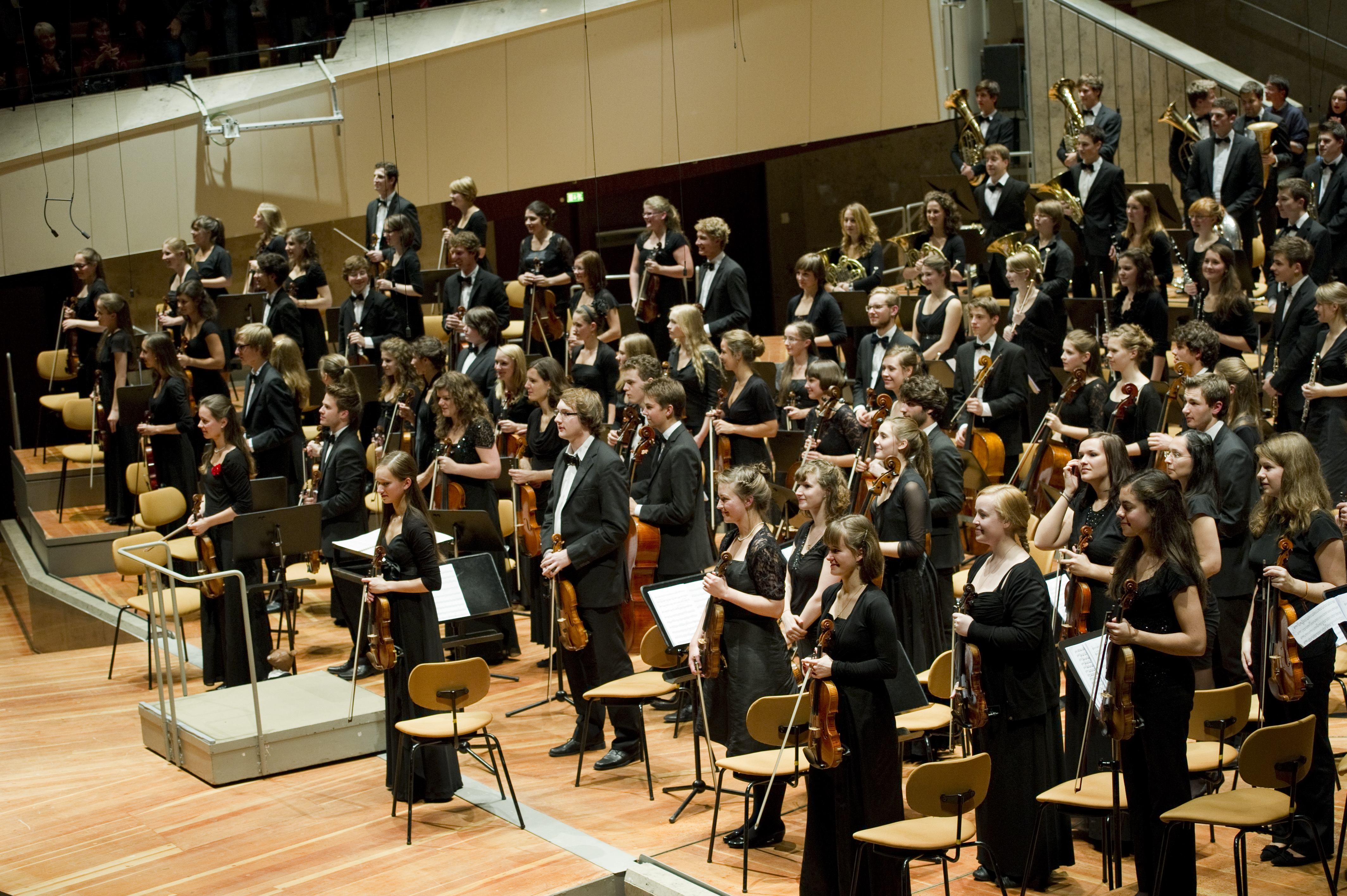History of Classical Music
- Introduction to Classical Music
- The Medieval Period (500-1400)
- The Renaissance Period (1400-1600)
- The Baroque Era (1600-1750)
- The Classical Period (1750-1820)
- The Romantic Period (1820-1900)
- The 20th Century (1900-2000)
- Modernism in Music
- Postmodernism in Music
- Women in Music
- Contemporary Music
- The Intersection of Classical Music & Pop Culture
The Intersection of Classical Music & Pop Culture
Classical Music in Advertisements

Broad tradition of Western art music.
Advertisements are a powerful tool for businesses to communicate their brand message, promote their products, and influence consumer behavior. One of the key elements of an effective advertisement is its music. Among the various genres of music used in advertising, classical music holds a unique position. This article will delve into the use of classical music in advertising, review some notable examples, and discuss its effect on consumer behavior.
The Use of Classical Music in Advertising
Classical music is often associated with sophistication, elegance, and high quality. Advertisers leverage these associations to create a specific image for their products or services. Classical music can lend an air of credibility and prestige, making the product appear more luxurious or high-end. It can also evoke certain emotions in the audience, helping to create a more impactful and memorable advertisement.
Memorable Advertisements Featuring Classical Music
There are numerous examples of advertisements that have effectively used classical music. One of the most iconic is British Airways' "Face" advertisement from 1989, which used Delibes' "Flower Duet" from the opera Lakmé. The serene and uplifting music perfectly complemented the visuals of a smiling face made up of people, symbolizing the airline's friendly service.
Another notable example is the 1993 Intel Pentium Processor advertisement, which used Johann Strauss II's "The Blue Danube Waltz". The familiar tune, often associated with precision and harmony, was a fitting choice to represent the advanced technology and reliable performance of the processor.
The Effect of Classical Music on Consumer Behavior
The use of classical music in advertisements can have a significant impact on consumer behavior. Research has shown that music can influence consumers' perceptions of a product, their emotional response to the advertisement, and their likelihood of purchasing the product.
Classical music, with its associations of sophistication and quality, can enhance consumers' perception of a product as being high-end or luxurious. This can make consumers more willing to pay a premium price for the product. Furthermore, the emotional response evoked by the music can make the advertisement more memorable, increasing brand recall and recognition.
In conclusion, classical music plays a significant role in advertising. Through its ability to create a specific image, evoke emotions, and influence consumer behavior, classical music can greatly enhance the effectiveness of an advertisement. As we continue to see the innovative use of classical music in advertising, it's clear that this timeless genre still resonates with modern audiences.